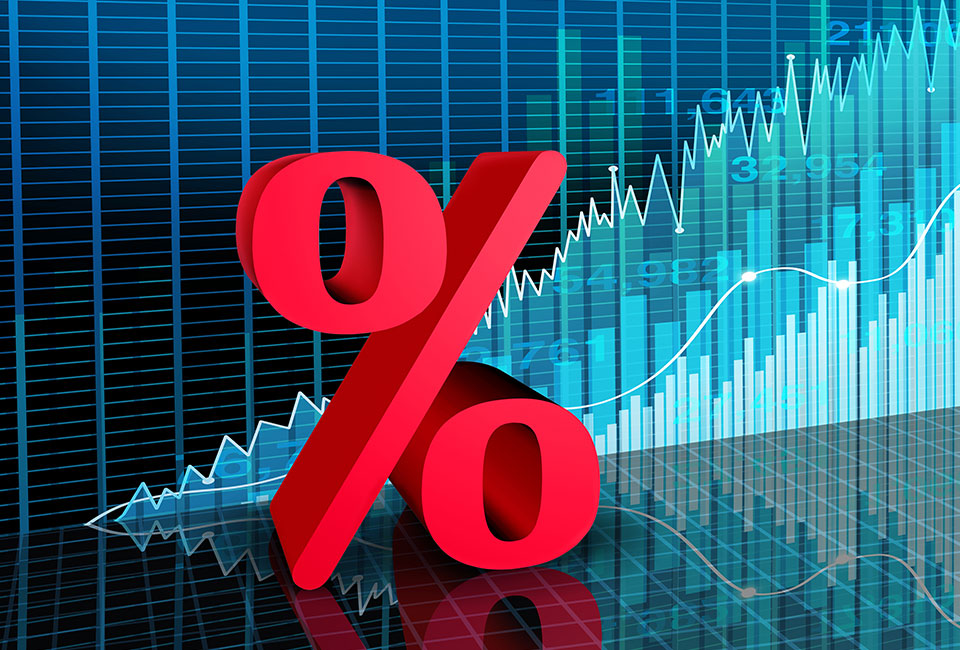Liberty News - The valuation effects of investments are decisive
The investment year 2022 proved to be very challenging for institutional investors. A higher proportion of unlisted illiquid investments tended to lead to higher returns. So do institutional investors have an advantage with private market investments?
Inflation, rising interest rates, and geopolitical tensions triggered a global bear market in 2022, as we reported earlier. The rise in interest rates led to significant price declines in most asset classes. Equity exposure had little impact on institutional investors' returns. Private market investments, on the other hand, had a positive cross-comparison effect - thanks to delayed valuation and hidden reserves. This is shown in the research paper "Investment Strategies in 2022" by the consulting firm PPCmetrics, which analyzes the performance of Swiss institutional investors for the year 2022 on the basis of sample investment strategies.
Taking interest rate risks led to larger losses
The rapid rise in inflation in many countries and the associated increase in interest rates meant that taking interest rate risks resulted in major losses in 2022. Credit risks and investments in equities also had a negative impact, partly due to the economic situation. On the other hand, a higher proportion of unlisted real estate resulted in higher returns. Currency hedging also had a positive effect on returns for all leading currencies except the US dollar.
There were hardly any differences between the main asset categories
Looking at the individual asset classes, developed market equities posted slightly better returns than emerging market equities. In global equities, small-capitalization stocks posted negative returns similar to those of large and mid-cap companies. In Swiss equities, however, the use of small- and especially mid-capitalization stocks led to lower returns. Listed Swiss real estate investments delivered negative returns in 2022, while unlisted real estate investments were positive. The use of listed alternative investments, such as commodities, resulted in higher returns in some cases for tangible assets compared with the equity market. However, the results for nominal assets were mixed compared with the bond market, with senior secured loans delivering better returns and inflation-linked bonds less so.
Valuation is decisive for the return
While listed investments reacted faster and more strongly to new information regarding interest rate and inflation expectations, no or only minor price corrections were observed for unlisted illiquid investments in 2022. Accordingly, a higher proportion of unlisted illiquid assets tended to produce higher returns in 2022.
The valuation of unlisted illiquid assets such as real estate, infrastructure, private equity and private debt is based on periodic estimates due to low trading activity. These tend to reflect current price-relevant market events, such as the significant rise in interest rates that occurred in 2022, with a time lag. What can investors deduce from this for 2023?
Schroders, a global asset management company that has been in the financial business since 1804, predicts a return of 9.3% for global equities over the next ten years - and even a return of 9.7% for private equity. Read more about this in our next article.
